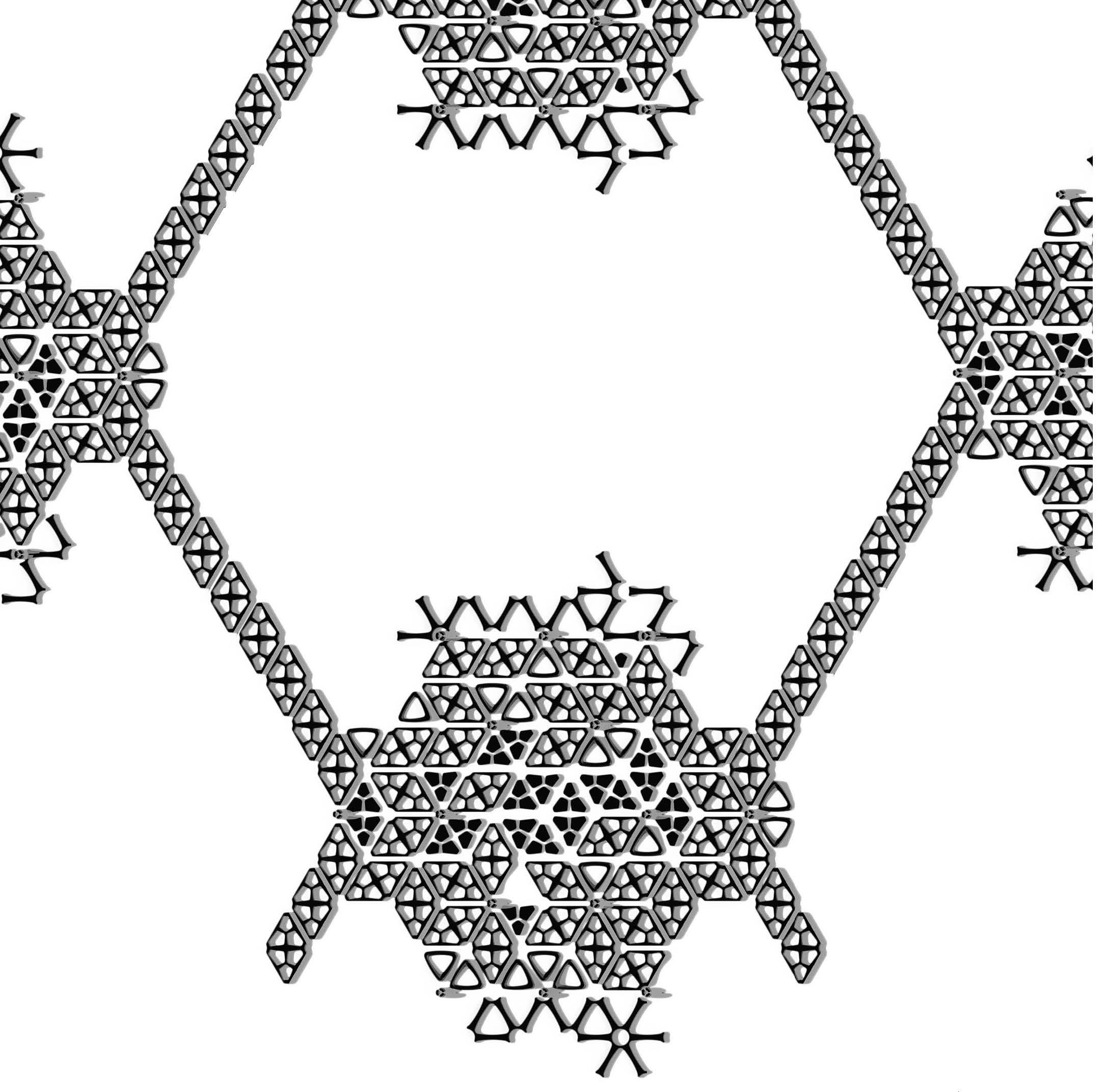The paradigm of the city is now undergoing substantial change against a background of economic, technological and social transformations caused by globalization. The traditional postindustrial city is to be replaced by the city characterized by such attributes as green, sustainable, open, rational, ecological, ideal, creative, global, and generic… – and the notion of Smart City is the overarching summation of all of these characteristics. Bearing in mind that the English adjective smart is replaced in Slovak by the equivalent intelligent, the question remains whether an inanimate entity (like the city in the traditional thinking) can be intelligent. That is, if we define intelligent as possessing or displaying the ability to learn or understand things, or to deal with new or difficult situations. No precise definition of the Smart City concept can be said yet to exist. Perhaps the most useful statement might define it as a district, urban fragment, and ultimately an entire city which is energy efficient, which saves resources, produces minimum emissions, and provides the highest quality of life for its residents. The basis is a wellfunctioning infrastructure at all network levels.According to the authors of this article, the concept of the Smart City can be divided into several distinct layers (strata). This layering / stratification is evaluated by a series of vertical sections, aiming to analyse the interplay, overlaps and in uences, mostly on urban society. Does thinking about the Smart City concept really start at the edge of the town, or rather within its environmental and economic substructures? Is it possible to speak of the “smart region” or even “smart country”? The authors present the selected layers and their essential characteristics, the impact on the lives of people and on the environment.Smart information technologiesAt present, it is generally admitted that the concept of the Smart City is based on ideas taken from information technology and data acquisition (“real-time information”). In that regard, one can use terms such as “wired city” or “digital city”. ….

This work is licensed under a Creative Commons Attribution 4.0 International License.
